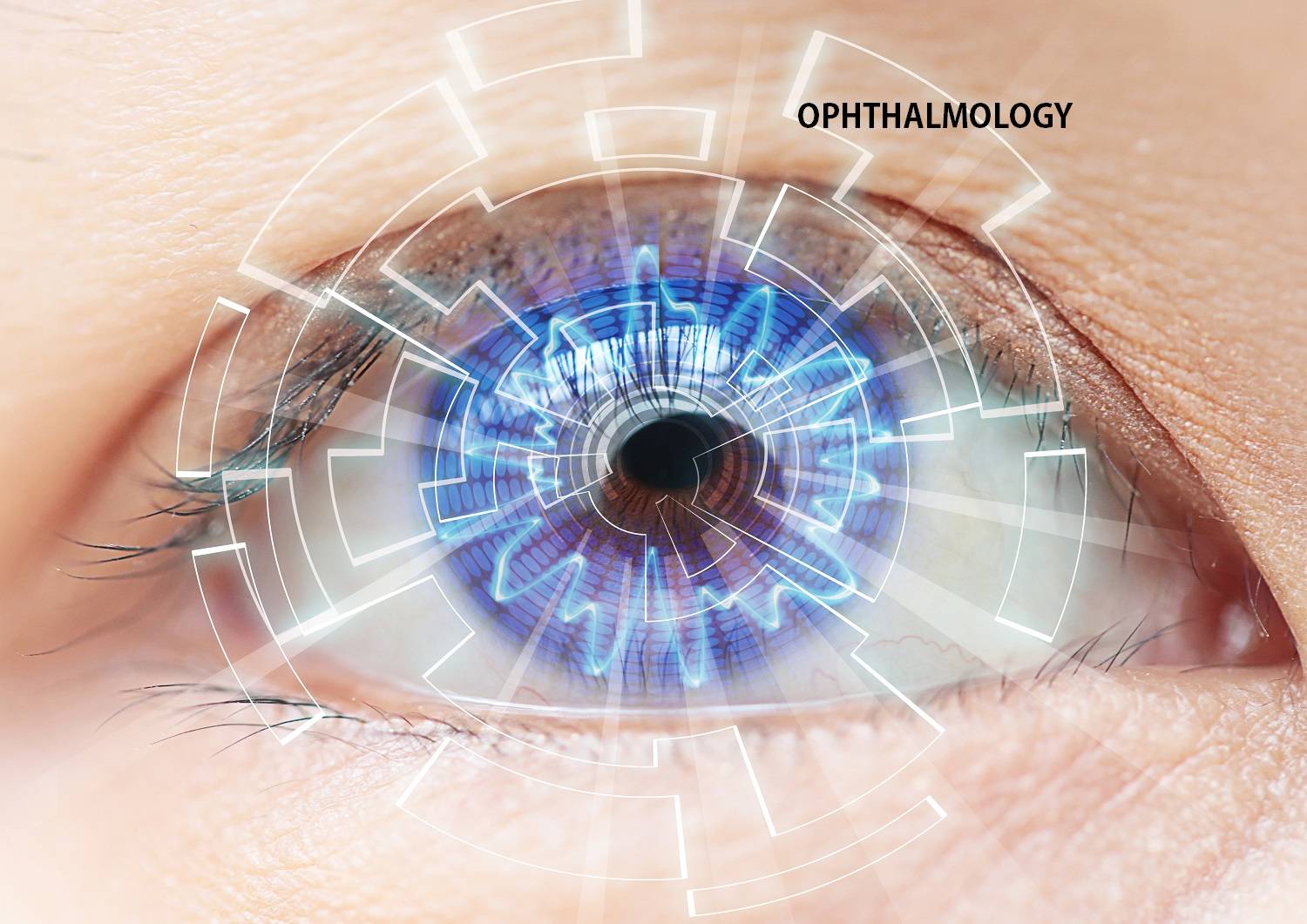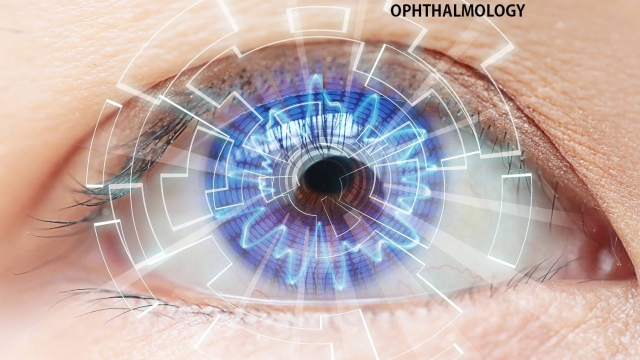Retinopathy is a condition that affects the retina of the eye, causing potential vision problems for individuals. It is often associated with underlying health issues such as diabetes and high blood pressure. As a result, understanding retinopathy becomes crucial, not only for those at risk but also for the medical professionals who diagnose and treat it.
In the realm of ophthalmology, retinopathy is a topic of extensive study. Ophthalmologists specialize in eye health and play a significant role in the early detection and management of retinopathy. They utilize advanced tools and techniques, such as diabetic eye screening, to comprehensively assess the condition of the retina. With the help of regular screenings, early signs of retinopathy can be identified, allowing for timely intervention and prevention of further complications.
It’s important to note that although retinopathy is closely associated with diabetes, it can also be a result of other factors such as glaucoma. Glaucoma can exert pressure on the optic nerve and damage the blood vessels in the retina, leading to retinopathy. This interconnection underscores the need for a holistic approach in addressing retinopathy, where multiple factors and potential underlying conditions are taken into consideration for accurate diagnosis and effective treatment.
By delving into the intricacies of retinopathy, including its relationship with ophthalmology, diabetic eye screening, and its connection with conditions like glaucoma, we can gain a clearer understanding of this vision-related concern. With the right knowledge and proactive measures, both individuals and healthcare professionals can work hand in hand to ensure a clear vision ahead for everyone affected by retinopathy.
Understanding Retinopathy
Retinopathy is a condition that affects the retina, the light-sensitive layer located at the back of the eye. It is a common term used in ophthalmology to describe various diseases that can cause damage to the retina and potentially lead to vision loss. One particular cause of retinopathy is diabetes, which can result in diabetic retinopathy.
Diabetic eye screening plays a crucial role in detecting and preventing retinopathy in individuals with diabetes. Regular screenings are recommended to monitor the health of the retina and identify any early signs of damage. Timely intervention and treatment can help manage the condition and minimize its impact on vision.
In addition to diabetic retinopathy, another condition related to retinopathy is glaucoma. Glaucoma is a group of eye disorders characterized by damage to the optic nerve, which can eventually lead to blindness if left untreated. While it is a distinct condition from diabetic retinopathy, regular eye examinations play a vital role in the early detection and treatment of both conditions.
Understanding retinopathy and its association with conditions such as diabetic retinopathy and glaucoma is important to ensure timely diagnosis and intervention. By staying informed about the signs, symptoms, and risk factors, individuals can take proactive steps to protect their vision and seek appropriate medical attention when needed.
The Importance of Diabetic Eye Screening
Diabetic eye screening is an essential aspect of proactive eye care for individuals with diabetes. This process involves regular examinations to assess the health of the retina, the light-sensitive tissue lining the back of the eye. As diabetes can lead to a condition called retinopathy, which involves damage to the blood vessels in the retina, early detection through screenings is critical. By identifying retinopathy at its early stages, healthcare professionals can intervene promptly, preventing further damage and preserving vision.
Through diabetic eye screening, ophthalmologists can closely monitor the progression of retinopathy and promptly initiate appropriate treatment strategies. Regular screenings enable healthcare providers to detect any signs of worsening retinopathy or the onset of other vision-related complications, such as glaucoma. This proactive approach ensures that individuals with diabetes receive timely interventions to manage their eye health effectively.
Regular screenings also provide an opportunity for ophthalmologists to educate patients about the importance of maintaining optimal blood sugar levels in managing retinopathy. By emphasizing the significance of maintaining good glycemic control, healthcare professionals empower individuals to actively participate in the management of their condition and reduce the risk of further vision impairment.
In summary, diabetic eye screening plays a pivotal role in safeguarding the vision of individuals with diabetes. By closely monitoring the health of the retina and identifying retinopathy at an early stage, healthcare professionals can initiate appropriate interventions and minimize the risk of vision loss. Emphasizing the importance of regular screenings and optimal blood sugar control empowers individuals to take charge of their eye health and preserve their vision for years to come.
Catching Glaucoma Early
Glaucoma is a serious eye condition that can lead to vision loss if left undetected and untreated. It is important to catch glaucoma early through regular ophthalmology check-ups and screenings.
One of the key reasons for catching glaucoma early is the fact that it is often asymptomatic in its early stages. This means that individuals may not experience any noticeable symptoms until the condition has already progressed. By undergoing regular check-ups, ophthalmologists can monitor the health of the eyes and detect any signs of glaucoma before it causes irreversible damage.
Diabetic eye screening is another important tool in identifying glaucoma early. People with diabetes are at a higher risk of developing glaucoma, and diabetic eye screenings can help detect any abnormalities in the eyes, including signs of glaucoma. These screenings often involve a thorough examination of the retina, which can reveal early signs of glaucoma.
Early detection of glaucoma is crucial because it allows for prompt treatment and management. With the appropriate interventions, such as medications, laser treatments, or surgery, the progression of glaucoma can be slowed down or even halted, preventing further vision loss.
In conclusion, catching glaucoma early is essential to prevent vision loss associated with this eye condition. Regular ophthalmology check-ups and diabetic eye screenings play a vital role in detecting glaucoma at its early stages, enabling timely interventions to preserve vision health.



